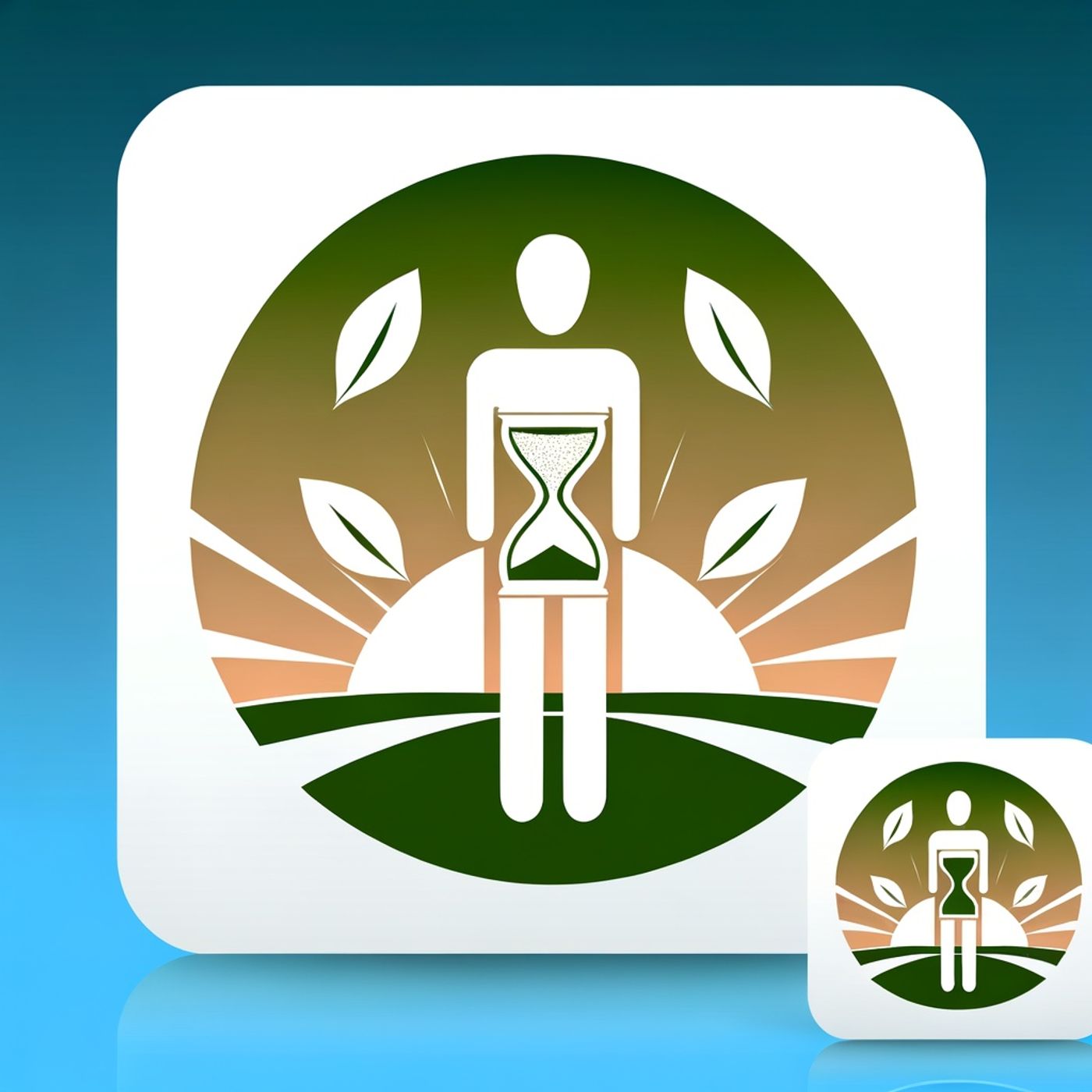Episode Details
Back to Episodes
Mindfulness Magic: 10 Minutes Daily Boosts Wellbeing, Reduces Anxiety, and Transforms Brain Health
Published 2 months, 3 weeks ago
Description
Welcome to today’s exploration of what it truly means to live in the moment—a phrase echoed everywhere, from self-help books to social media feeds, but often misunderstood. In a world increasingly dominated by digital distractions and relentless pace, the simple act of being present has become both a challenge and a necessity for mental well-being.
Recent research from the Universities of Southampton and Bath, published in the British Journal of Health Psychology, reveals that just ten minutes of daily mindfulness practice—think relaxation, intention-setting, body scans, or focused breathing—can significantly boost wellbeing, ease depression and anxiety, and even inspire healthier lifestyle choices. In a global study involving over 1,200 adults, those who engaged in brief daily mindfulness sessions reported nearly 20% less depression, over 12% less anxiety, and a more positive outlook on health behaviors compared to those who didn’t practice.
But mindfulness is more than just a wellness trend. According to the American Psychological Association, mindfulness cultivates qualities like self-control, objectivity, and enhanced concentration. It reduces rumination—the mental loop of worry—and equips us with better strategies for regulating emotions. Neuroscientific studies have found that regular mindfulness practice is associated with tangible changes in the brain, such as increased thickness in areas linked to attention and sensory processing, and altered neural responses to emotional stimuli, making it easier to disengage from stress and choose how we respond rather than react.
Yet, in a technology-driven society, staying present is a daily challenge. Len Capozzi, a mindfulness-based psychotherapist, emphasizes that the ability to mindfully respond instead of habitually react can be transformative. His recent session with the Elisabeth Kübler-Ross Foundation highlighted how intentional attention and attitude, nurtured through mindfulness, can serve as vital tools for navigating stress, loss, and even joy.
Even industry leaders recognize the value of pausing. Panels at the Milken Institute Global Conference and events like The Buddha The Scientist Symposium at Dartmouth, featuring Dr. Jon Kabat-Zinn—the founder of Mindfulness-Based Stress Reduction—explore how mindfulness supports resilience, health, and the capacity to weather life’s ups and downs.
So, how can you begin? Start small: carve out ten minutes each day to simply notice your breath, body sensations, or surroundings. Try grounding exercises—name five things you see, four you feel, three you hear, two you smell, and one you taste. When distractions arise, gently bring your focus back, without judgment. Remember, mindfulness isn’t about perfection; it’s about practice.
As you close this session, consider this: living in the moment is less about grand gestures and more about gentle, consistent presence—a powerful antidote to the chaos of modern life. Whether through guided meditations, mindful walking, or brief pauses before responding in conversation, each moment of awareness adds up, building resilience, clarity, and a deeper connection to yourself and the world around you.
This content was created in partnership and with the help of Artificial Intelligence AI
Recent research from the Universities of Southampton and Bath, published in the British Journal of Health Psychology, reveals that just ten minutes of daily mindfulness practice—think relaxation, intention-setting, body scans, or focused breathing—can significantly boost wellbeing, ease depression and anxiety, and even inspire healthier lifestyle choices. In a global study involving over 1,200 adults, those who engaged in brief daily mindfulness sessions reported nearly 20% less depression, over 12% less anxiety, and a more positive outlook on health behaviors compared to those who didn’t practice.
But mindfulness is more than just a wellness trend. According to the American Psychological Association, mindfulness cultivates qualities like self-control, objectivity, and enhanced concentration. It reduces rumination—the mental loop of worry—and equips us with better strategies for regulating emotions. Neuroscientific studies have found that regular mindfulness practice is associated with tangible changes in the brain, such as increased thickness in areas linked to attention and sensory processing, and altered neural responses to emotional stimuli, making it easier to disengage from stress and choose how we respond rather than react.
Yet, in a technology-driven society, staying present is a daily challenge. Len Capozzi, a mindfulness-based psychotherapist, emphasizes that the ability to mindfully respond instead of habitually react can be transformative. His recent session with the Elisabeth Kübler-Ross Foundation highlighted how intentional attention and attitude, nurtured through mindfulness, can serve as vital tools for navigating stress, loss, and even joy.
Even industry leaders recognize the value of pausing. Panels at the Milken Institute Global Conference and events like The Buddha The Scientist Symposium at Dartmouth, featuring Dr. Jon Kabat-Zinn—the founder of Mindfulness-Based Stress Reduction—explore how mindfulness supports resilience, health, and the capacity to weather life’s ups and downs.
So, how can you begin? Start small: carve out ten minutes each day to simply notice your breath, body sensations, or surroundings. Try grounding exercises—name five things you see, four you feel, three you hear, two you smell, and one you taste. When distractions arise, gently bring your focus back, without judgment. Remember, mindfulness isn’t about perfection; it’s about practice.
As you close this session, consider this: living in the moment is less about grand gestures and more about gentle, consistent presence—a powerful antidote to the chaos of modern life. Whether through guided meditations, mindful walking, or brief pauses before responding in conversation, each moment of awareness adds up, building resilience, clarity, and a deeper connection to yourself and the world around you.
This content was created in partnership and with the help of Artificial Intelligence AI